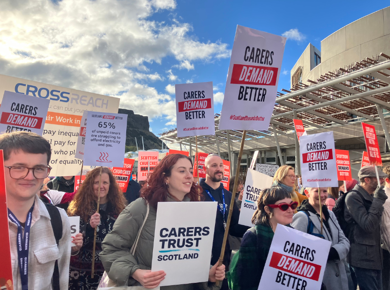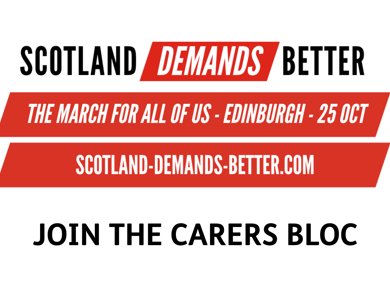Guidance for young carers
If you are a young carer and looking after someone on a regular basis, there is support and help available to help you cope.
If you're helping to look after someone – for example, you're cleaning regularly, helping them move around indoors or outdoors, or supporting them with their personal needs – you have certain legal rights to help you get some extra support (introduced in the Children Act 1989 and the Children and Families Act 2014).
Who can offer me support?
There are many organisations that can offer support for you specifically and many of these are listed towards the bottom of this page. It's important to keep in mind that legally your local council or trust has a duty to look at what responsibilities you're taking on when caring for your relative or friend and how they could be affecting you.
How?
They should carry out a helpful review, which is usually called an assessment, to look at what your needs are and this would involve yourself, your parents and any other person you would like to be involved.
The assessment is not a test of your abilities in any way, but it is a way of finding out if you feel happy to look after someone, whether you want to continue caring for them, and whether it is appropriate for you to. It will also help you to see if there are any opportunities you would like to pursue for your education, training, work or wellbeing and social life.
What help can they provide?
If they decide that you need some extra support so that your own needs are met, the local council (or trust in Northern Ireland) can provide this directly or help take the responsibilities of caring off your shoulders if it is too much to manage everything. They may, for example, arrange for some care workers to come in regularly to provide help with day-to-day tasks and personal care if needed.
There is a needs assessment that the person you are looking after may be able to have as well and the team from the local council may look to combine the assessments of people within the same family, for example those of the carer and cared for, so that they are linked and complimentary.
Similarly, assessments can sometimes be carried out jointly with another agency, such as the NHS, to ensure that all the professionals involved in a person’s care are talking to each other when decisions about care are
being made. You should never feel alone or that you have to do everything yourself.
To find the contact details of your local council, click here or if you live in Northern Ireland, find your health and social care trust here.
If you feel overwhelmed or would like to talk to someone, you can contact The Mix or Samaritans anytime.
What happens when I get older?
As young carer, you will become entitled to a Young Carer's assessment 'in transition' to reassess what your carer needs will be.
Further support
Our friends at Carers Trust can provide tailored guidance, resources and specialist support if you are a young carer. Find out more on their website.
Latest updates

Carers Demand Better!

Carers UK response: CQC’s annual assessment of the state of health and social care

Join us in the Carers Bloc for Scotland Demands Better!

Carers UK welcomes Government commitment to publish the independent review into Carer's Allowance overpayments
Got a question about caring?
Every day we hear from people who need help with looking after a friend or family member
Become a member for free
Joining Carers UK is free and takes just a few minutes.

